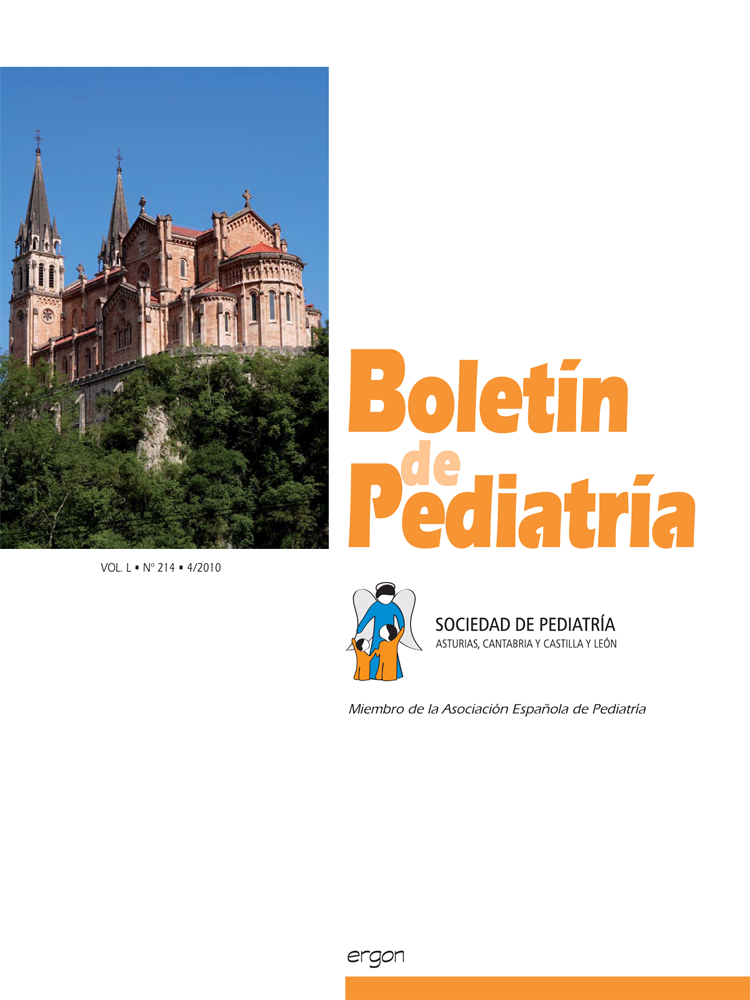Abstract
Introduction: There are different clinical forms of drepanocytosis, the most severe being homozygosis. It is especially frequent in the black race. The current migratory movements have caused its management to be increasingly more frequent in our setting. We present two cases of vaso-occlusive crises in children suffering from homozygous drepanocytosis.
Clinical case 1: Patient with homozygous drepanocytosis who came due to fever symptoms, with associated lumbar pain and pain in both knees, who did not respond to oral analgesics. In the laboratory analyses, anemia, leukocytosis with neutrophilia and elevation of the C-reactive protein levels were observed. Abundant intravenous hydration and intravenous treatment with cefotaxime and morphine were established, with rapid improvement.
Clinical case 2: Patient with homozygous drepanocytosis, allergic to cephalosporins, consulted due to fever and bone pain of 24 hours evolution. Laboratory analyses were performed, observing anemia, leukocytosis and elevation of the acute phase reactants. Morphine sulfate was established and covered with intravenous clindamycin. Due to the persistence of fever after 48 hours, imaging tests were requested. They were consistent with the acute thoracic syndrome. Oral erythromycin was added, with good subsequent evolution.
Conclusions: Drepanocytosis is an emerging problem in our setting, which makes it necessary to know its complications, since its prognosis depends on early diagnosis and treatment. The most frequent acute complications are bone vasoocclusive pain crisis, which generally requires aggressive analgesic treatment. Another frequent complication is the acute forensic syndrome, sometimes causing refractory hypoxemia.

This work is licensed under a Creative Commons Attribution-NonCommercial 4.0 International License.
Copyright (c) 2010 Boletín de Pediatría
